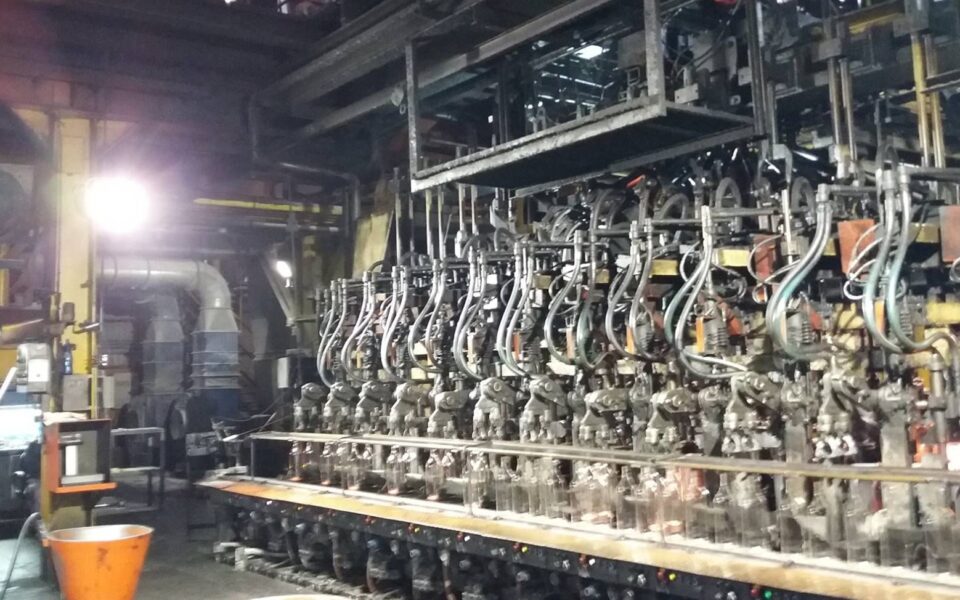Fears of deindustrialization after factory shutdowns
Shutdowns of factories by multinationals in Greece raise alarm about industry’s future

Shutdown announcements for the factories of the Yioula glassworks firm in Aigaleo in Athens and of EVIEN in Thessaloniki and Kilkis in northern Greece within less than a week served as an alarming message about the risk of deindustrialization.
These shutdowns were preceded in 2023 by the closure of four more factories, those of Tupperware in Thiva, Reckitt Benckiser in Vassiliko and the Crown Can Hellas units in Patras and Corinth.
Will the list of industrial unit closures in Greece end here, or are we facing a new cycle of deindustrialization with what is left of the country’s productive base at stake?
The views of people in the manufacturing sector and the messages coming from Europe are not reassuring. The recent closures seem to be the first victims in Greece of a deindustrialization “virus” that hit the industrialized countries of Europe much earlier, starting with traditionally strong Germany.
Moreover, it is no coincidence that both Greek companies which closed are members of multinational groups.
It is a common belief in the domestic industry that the decision by Portuguese group BA Vidro, which acquired Yioula in 2017, to close the historic factory in Aigaleo after 77 years of operation, but also that of the US giant Sonoco Alcore to close the factories of Sonoco Hellas – as EVIEN was renamed after its acquisition in 1998 – are part of a strategy that was not based exclusively on the domestic business environment but on a more global view of the business.
The catalyst behind this development, as industry representatives point out to Kathimerini, is “the problematic situation in which Europe finds itself with regard to the operating environment of its industries, which is constantly becoming more discouraging for large companies and especially multinational groups.”
Reality leaves no room for questioning these unpleasant assessments. After all, Europe’s heavy, export-driven and innovative industry is struggling to recover from the shock caused by the sudden shut-off of cheap Russian gas.





